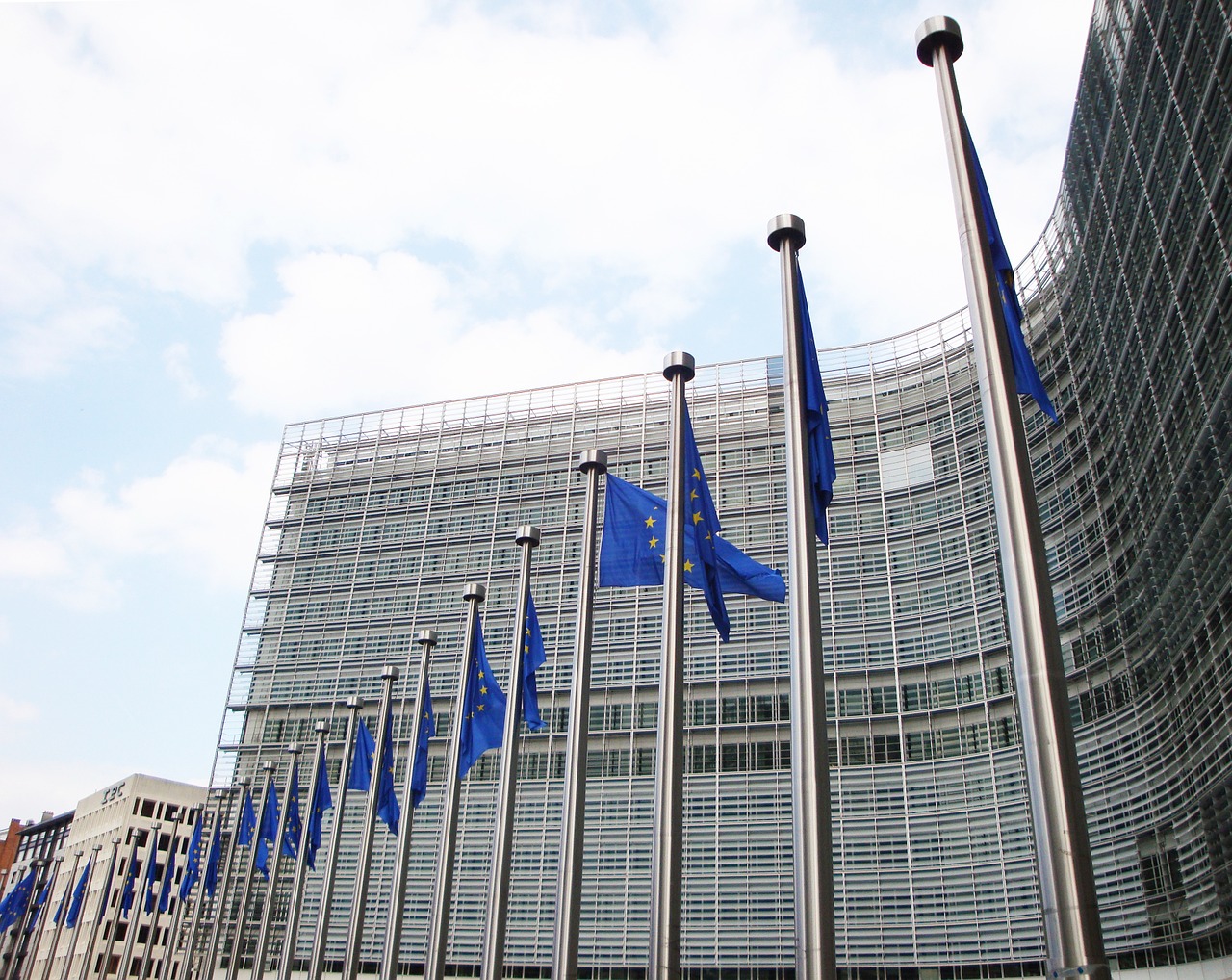 POLICY
POLICY
 POLICY
POLICY
 POLICY
POLICY
The European Parliament today came to an agreement approving its proposed draft law governing artificial intelligence, known as the “AI Act,” in a vote that passed it along to member states to become formal regulation.
European lawmakers have been wrangling over the legislation since April in an attempt to balance the growing AI industry against risks to consumers and human rights. Proposed rules will put guardrails on the use of AI, including guardrails for high-risk AI, bans on biometric surveillance, curtailing predictive policing and copyright protections.
AI has taken more of a role in modern life, especially generative AI, which can generate new content from natural language user prompts. But it has created new risks and opportunities. Generative AI is capable of human-like conversation, as well as producing poetry, songs or helping with academic research and producing vivid photorealistic images.
However, it’s not without risks to privacy when its training data consumes information about real people, and it can produce false or misleading information, as well as create photorealistic deep fakes. Lawmakers also acknowledged that models such as OpenAI LP’s ChatGPT can sound so humanlike that they can pretend to be people. As a result, the law will require that chatbots declare that they are not human.
The final vote tallied with 499 in favor, 28 against and 93 abstentions.
“All eyes are on us today,” said Brando Benifei, a member of parliament from Italy, said after the vote. “While Big Tech companies are sounding the alarm over their own creations, Europe has gone ahead and proposed a concrete response to the risks AI is starting to pose.”
Under the new rules, generative AI systems such as ChatGPT would have to open themselves for greater review and provide transparency into models to EU regulators before releasing them commercially. That would provide a regulatory agency the opportunity to get a better understanding of where the training data came from and how it comes to the decisions it makes. Detailed summaries of copyrighted data used in training would also be made publicly available.
Consumers also get a route to redress concerns about content generated by AI systems, including the right to be informed when they are the subject of a decision based on an AI system.
Lawmakers also banned “social scoring” when used by private entities, which is when an AI evaluates people based on their social behavior or their preferences to profile them. Emotional recognition will also be banned from use by public and educational entities.
To protect the privacy and human rights of citizens, the regulation also bans “real-time” and “post” biometric identification systems based on how people move, act or look. That includes a ban on the indiscriminate scraping of facial images from video to create facial recognition databases.
“As AI reaches into more areas of our lives, we will need to be protected from the harm it can cause,” Ursula Pachl, deputy director general of the European Consumer Organization, said about the legislation. “The bans proposed by the Parliament today on the use of facial recognition in publicly accessible spaces, or on social scoring by businesses, are essential to protect fundamental rights.”
The current iteration of the AI Act is not yet law. The next step in the process is that the 27 EU member states will be able to make their own proposals about what should go into the draft regulation before it’s formalized.
THANK YOU